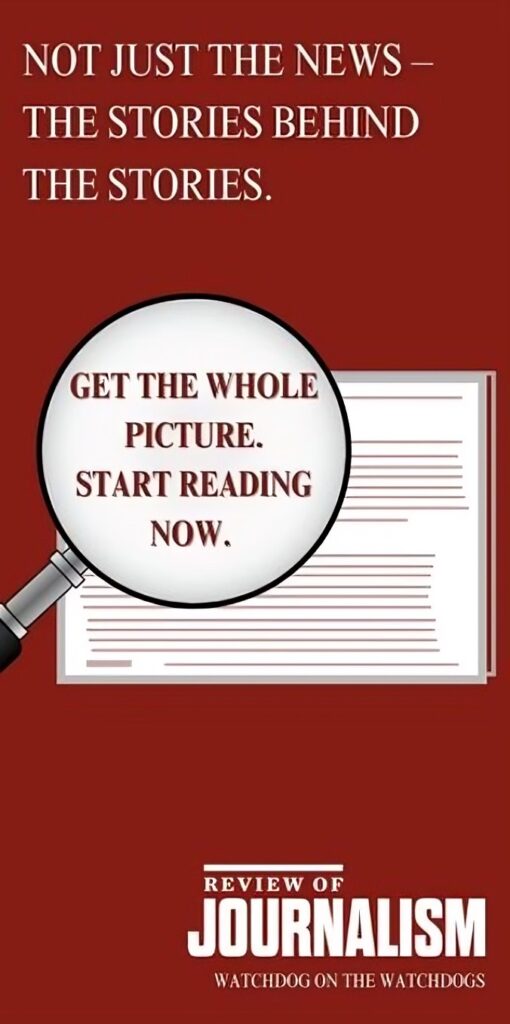In 1970, the French sociologist Michel Crozier wrote an academic treatise, La Societé Bloquée, about a France unable to change, even after the general strike and near collapse of order in May 1968. It became a best seller—and a third edition came out in 1999 arguing why France is still “bloquée.”
Last October, a manifesto deploring the “situation de blocage” in contemporary Quebec was issued by the awkwardly named group Pour un Québec Lucide, led by Lucien Bouchard and others. They argued that a “kind of global refusal to change is hurting Quebec because it risks turning into a republic of the status quo, a fossil of the 20th century.”
The manifesto led to a flood of comment and reaction. Pour un Québec Solidaire quickly issued its own counter-manifesto. And, for lighter reading, the blogosphere offers the delightful manifesto of Pour un Québec Morbide.
These clashing manifestos are interesting for their arguments, but...
George Anderson served as deputy minister for intergovernmental affairs, as well as for natural resources.

